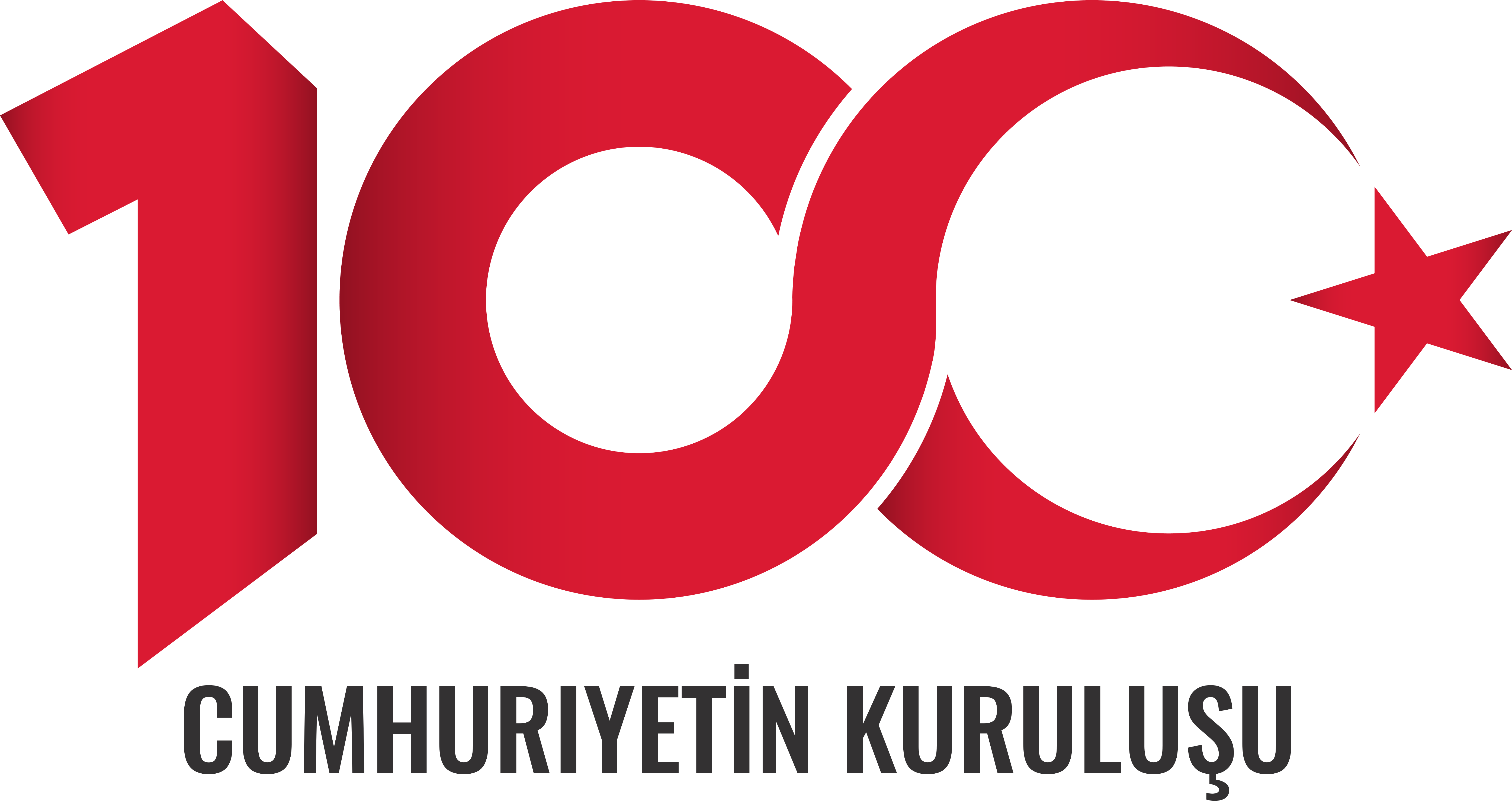The effect of metastatic focus on survival after cytoreductive nephrectomy in renal cell carcinoma: Experience of a single center
İsmail Selvi1, Erdem Öztürk21Department of Urology, Karabuk University Training and Research Hospital, Karabük, Turkey2Department of Urology, Health Sciences University Dr. Abdurrahman Yurtaslan Ankara Oncology Training and Research Hospital, Ankara, Turkey
INTRODUCTION: Despite the newly developed targeted therapies in metastatic renal cell carcinoma (RCC), survival rates are still low.The most common metastatic areas are lung, liver and bone. Among these, especially cases with bone metastasis are associated with worse prognosis. In this study, we aimed to determine the effect of metastatic focus on oncologic outcomes in RCC and to evaluate other prognostic factors affecting overall survival.
METHODS: Between January 2009 and December 2016, 35 patients with metastatic RCC who underwent cytoreductive nephrectomy were evaluated retrospectively.Demographic, pathological, clinical data, progression status and survival outcomes after nephrectomy were recorded and the patients were divided into two groups: those with bone metastases (Group I) and those with only visceral organ metastasis (Group II).
RESULTS: The mean age of the patients was 59.20±11.72 years.During the median follow-up period of 11 (2-90) months, 25 patients (71.4%) had progression and 27 patients (77.1%) died.IMDC risk score (p=0.008),MSKCC risk score (p=0.025), progression rate (85.0% vs 53.3%, p=0.04) and mortality rate (90.0% vs 60.0%), p = 0.036) were found to be significantly higher in Group I. The predicted overall survival was significantly lower in Group I (18.60 vs. 43.60 months, p=0.036).In multivariate analysis, IMDC score was found to be independent predictor for progression-free survival. On the other hand, Fuhrman grade, bone involvement and IMDC score were independent predictors for overall survival.
DISCUSSION AND CONCLUSION: It is seen that overall survival decreases especially in the presence of accompanying visceral organ metastasis, multiple or axial bone involvement in RCC with bone metastases.Closer follow-up is required for cases with bone metastasis because these patients have worse prognosis than those with visceral organ involvement except for brain.In addition, the rates of bone-related events are higher in these patients and cause decrease in quality of life.Therefore, different local palliative treatments for bone should be chosen more carefully.
Renal hücreli karsinomda metastaz odağının sitoredüktif nefrektomi sonrası sağkalıma etkisi: Tek merkez deneyimi
İsmail Selvi1, Erdem Öztürk21Karabük Üniversitesi Eğitim ve Araştırma Hastanesi, Üroloji Kliniği, Karabük2Sağlık Bilimleri Üniversitesi Dr. Abdurrahman Yurtaslan Ankara Onkoloji Eğitim ve Araştırma Hastanesi, Üroloji Kliniği, Ankara
GİRİŞ ve AMAÇ: Metastatik renal hücreli karsinomda (RHK) yeni geliştirilen hedefe yönelik tedavilere rağmen halen sağkalım oranları düşüktür. En sık metastaz gözlenen alanlar arasında yer alan akciğer, karaciğer ve kemik tutulumu içerisinde, özellikle de kemik metastazı saptanan olgular daha kötü prognoz ile ilişkilendirilmektedir. Çalışmamızda RHKda metastaz odağının onkolojik sonuçlara etkisini belirlemeyi ve genel sağkalıma etki eden diğer prognostik faktörleri de değerlendirmeyi amaçladık.
YÖNTEM ve GEREÇLER: Ocak 2009-Aralık 2016 tarihleri arasında, tanı anında metastaz saptanan ve sitoredüktif nefrektomi yapılan RHK olgularından, verilerine tam olarak ulaşılabilen 35 hasta retrospektif olarak değerlendirildi. Hastaların demografik, patolojik, klinik verileri, nefrektomi sonrası progresyon durumları ve sağkalım verileri kaydedilerek, hastalar kemik metastazı bulunanlar (Grup I) ve sadece visseral organ metastazı olanlar (Grup II) şeklinde iki gruba ayrıldı.
BULGULAR: Hastaların ortalama yaşı 59.20 ± 11.72 olup, ortanca 11 (2-90) aylık takip süresi boyunca 25 (% 71.4) hastada progresyon, 27 (%77.1) hastada ölüm gerçekleşmiştir. Grup I' de IMDC (p=0.008) ve MSKCC risk skorları (p=0.025) Grup II' ye göre daha yüksek bulunurken, yine Grup I' de progresyon (%85.0 vs. %53.3, p=0.04) ve ölüm (%90.0 vs. %60.0, p=0.036) oranları anlamlı olarak daha yüksek gözlendi. Öngörülen genel sağkalım süresi, Grup I'de anlamlı olarak daha düşük bulundu (18.60 vs. 43.60 ay, p=0.036). Çok değişkenli analizde, IMDC skoru progresyonsuz sağ kalımı öngörmede; Fuhrman derecesi, metastaz odağının kemik olması ve IMDC skoru ise genel sağkalımı öngörmede bağımsız prediktif faktörler olarak bulundu.
TARTIŞMA ve SONUÇ: Kemik metastazlı RHK olgularında özellikle de eşlik eden visseral organ metastazı, multipl kemik tutulumu, aksiyel kemik tutulumlarında genel sağkalımın azaldığı görülmektedir. Bu hastalarda, beyin dışındaki diğer visseral organ tutulumu olan olgulara göre daha kötü prognoz gözlendiğinden, daha yakın takip gerekmektedir. Ayrıca hayat kalitesini düşüren kemikle ilişkili olay gözlenme oranları da daha yüksek olduğundan, uygulanabilecek kemiğe yönelik farklı lokal palyatif tedaviler konusunda daha dikkatli davranılmalıdır.
Corresponding Author: İsmail Selvi, Türkiye
Manuscript Language: Turkish












